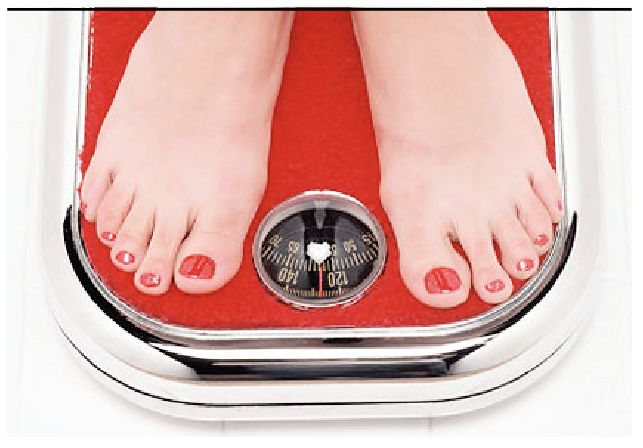
How to talk weight
Creating an open dialogue with overweight girls is an exercise in positivity
HEALTH | Deborah Douglas
You may approach the subject with the best of intentions, but nutritionists recommend you don’t talk to your teen daughter about dieting, and do not put her on a diet.
“If you decide your daughter truly has a weight problem, she’s going to know it, too,” says Dayle Hayes, a dietitian and mother. “It’s critical to help a child know that her weight is only one aspect of herself and her health. Say, ‘You are absolutely wonderful,’ not ‘You are wonderful, but …’ ” The most positive way to help her conquer a weight problem is to focus on changing behaviors, not her size. Weight and dress size are loaded issues for teens, just as they are for adults.
It may be especially difficult for mothers who have weight problems of their own to avoid raising the topic with their daughters. They want to save their daughters from taunts and social isolation that could come from not having a “desirable” body size. But focusing on her size usually backfires.
“If you tell kids to not eat things, they’ll eat them just to spite their parents,” Hayes says. “Or they’ll horde food because they’re afraid their parents won’t allow them to have that particular food.” And that’s how the diet cycle begins. Often when teen girls radically cut back on calories, it isn’t long before frustration and hunger causes them to start eating everything they denied themselves. Or they shift in the other direction, becoming so focused on their weight they starve themselves or get into dangerous habits that lead to bolemia.
Hayes offers the following tips to parents about positive ways to impact healthy eating habits:
1. Make healthy snacks available and ready to eat. Don’t let a cantaloupe sit on the counter. Cut it into bite-sized chunks, and set it out on the table.
2. Don’t put a TV in the kitchen or dining room. Let mealtime be just that.
3. Don’t overwhelm your teen with disease talk. Avoid talking about calories. Instead, talk about how food is connected with how your child looks and performs. Make the connection between eating vegetables and clear skin, or the relationship of protein to developing a strong body for playing soccer.
4. Present a simple food message: Eat more fruits and vegetables; eat less sugar.
5. Walk the walk. Don’t skimp on nutritious fruits, vegetables, whole grains or lean proteins. By eating well, you’re setting a good example.
6. Don’t tell your teen to exercise. Develop an active family lifestyle. Take active vacations where you swim, ski or hike. Buy her a bike or roller blades, help her find fun ways to be active.
